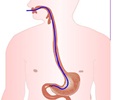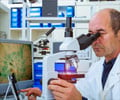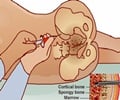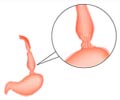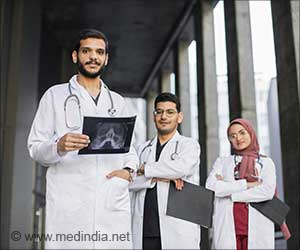An existing diagnostic method may not be able to detect an elusive digestive disorder that causes swelling in the esophagus and painful swallowing

These findings are published as the cover article in the September 2012 issue of the Journal of Allergy and Clinical Immunology. Despite the limitations of current detection methods for EoE, the study authors say biopsies remain the current standard of care, but the engineers are working toward new diagnostic methods that could be available in five years.
In EoE, eosinophils typically found in the bloodstream invade the esophagus and start chewing away at its lining. Often triggered by food allergies, EoE symptoms overlap with other disorders such as acid reflux.
"The gold standard for understanding this disease is detecting the location and presence of eosinophils in the esophagus. Unfortunately, eosinophils are not uniformly distributed within the esophagus, which can lead to underdiagnosis," says study co-author Leonard Pease, assistant professor of chemical engineering at the University of Utah. He is also an adjunct professor of gastroenterology and pharmaceutics.
The University of Utah team showed that even a patient with known EoE would require more than 31 random tissue samples, or biopsies, from an area in the esophagus with low eosinophil density to reliably diagnose EoE. Currently, if a patient is suspected of having EoE, five to 12 biopsies are collected along the esophagus using an endoscope. If more than 15 eosinophils turn up in any one of these samples, a diagnosis of EoE is made.
"This is the first quantitative assessment of how eosinophils are distributed in the esophagus," says co-author Gerald Gleich, professor of dermatology at the University of Utah and specialist in eosinophil-related diseases. "Until now, someone would go in and snip around, but they wouldn't have this map to quantify the degree of infiltration of this disease in relationship to the actual anatomy. These findings impact how many biopsies a doctor should perform."
Advertisement
Advertisement

